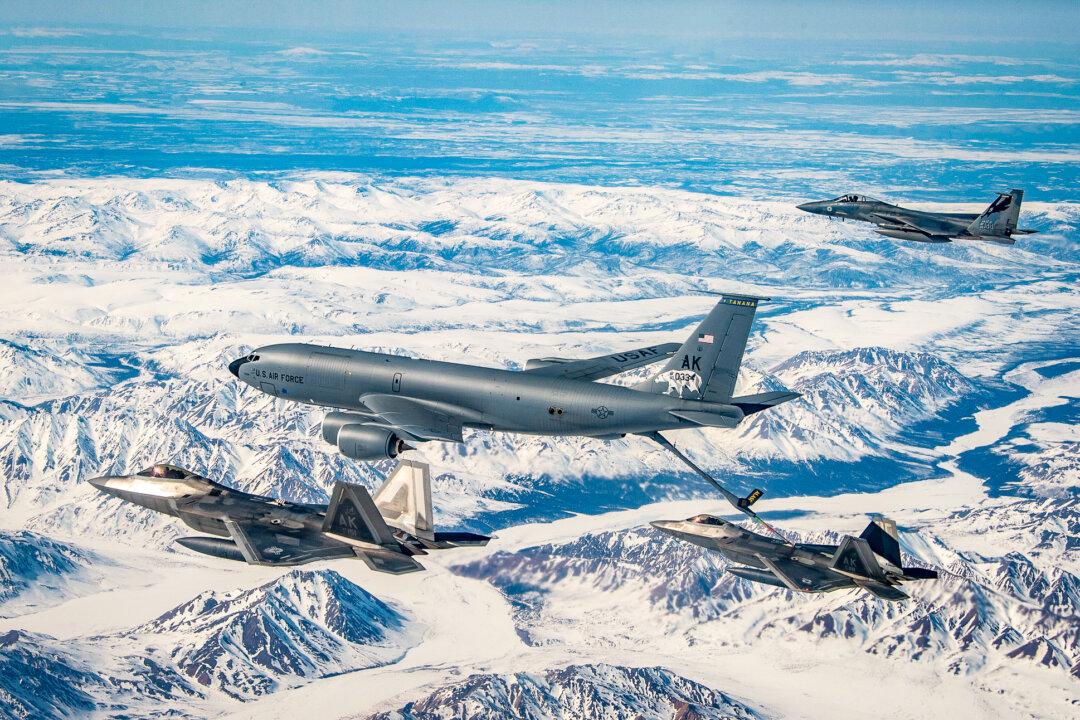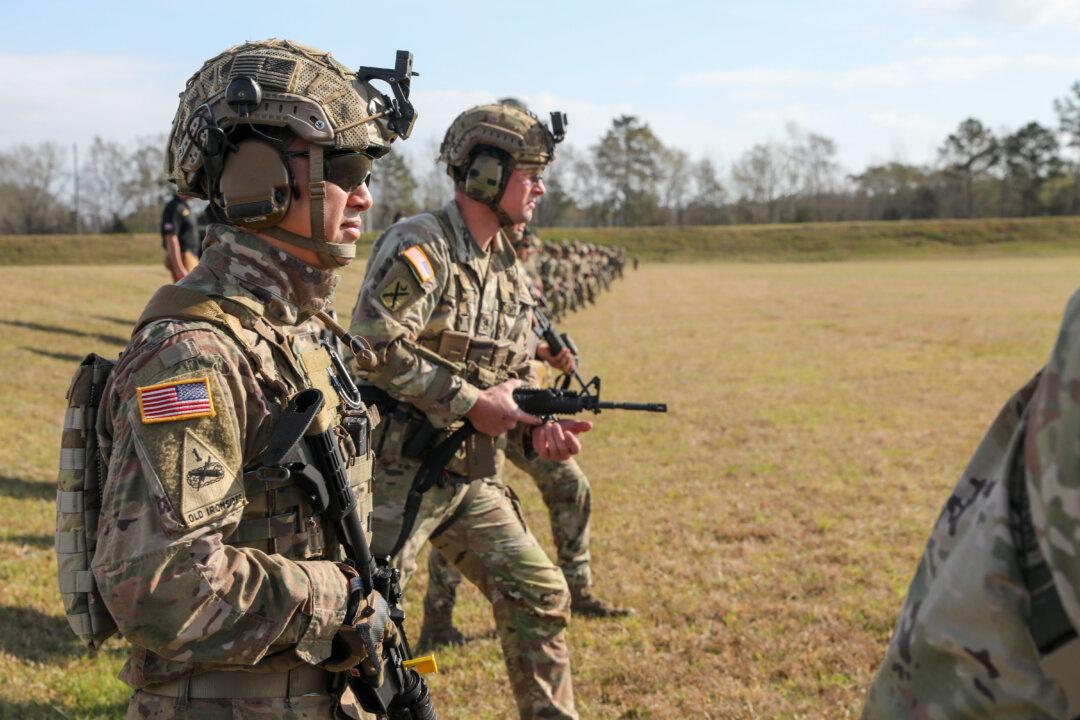The Alaska Air National Guard’s ability to conduct vital national security missions for the United States is being degraded by staffing changes ordered by the National Guard Bureau, according to a local guard commander.
The Alaska Air National Guard is under the direction of the Adjutants General Association of the United States, which provides state and national military security to 54 states and territories through the National Guard Bureau, headquartered near Washington. In January, the Air National Guard announced staffing changes across all Active Guard Reserve (AGR) positions in every state to take place by Sept. 30.




